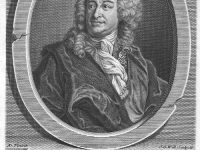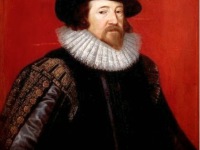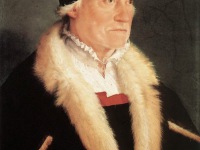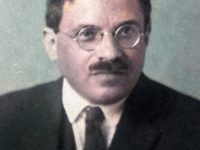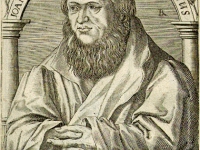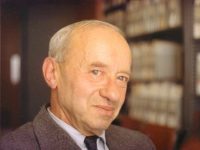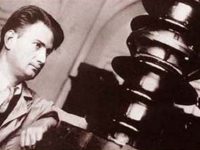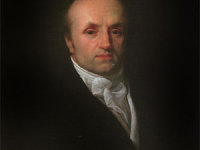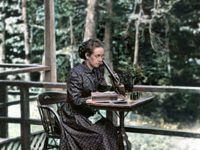Christian Wolff and the German Enlightenment
On January 24, 1679, German philosopher Christian Wolff was born. One of the most important philosophers of the Enlightenment between Leibniz and Kant, he is one of the most important representatives of natural law and is regarded as the actual founder of 19th-century jurisprudence on concepts. German philosophy owes its terminological foundation to him; many of the terms he defined, such as consciousness, meaning, or attention, were later adopted into everyday language.…
Read more

